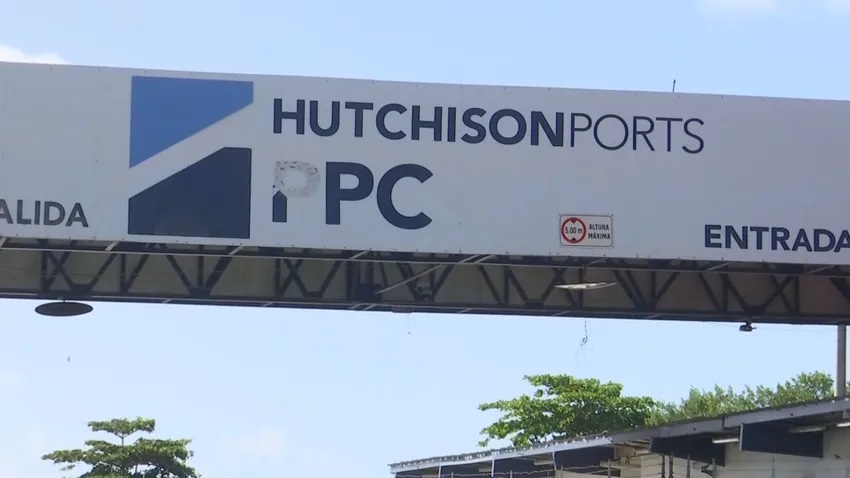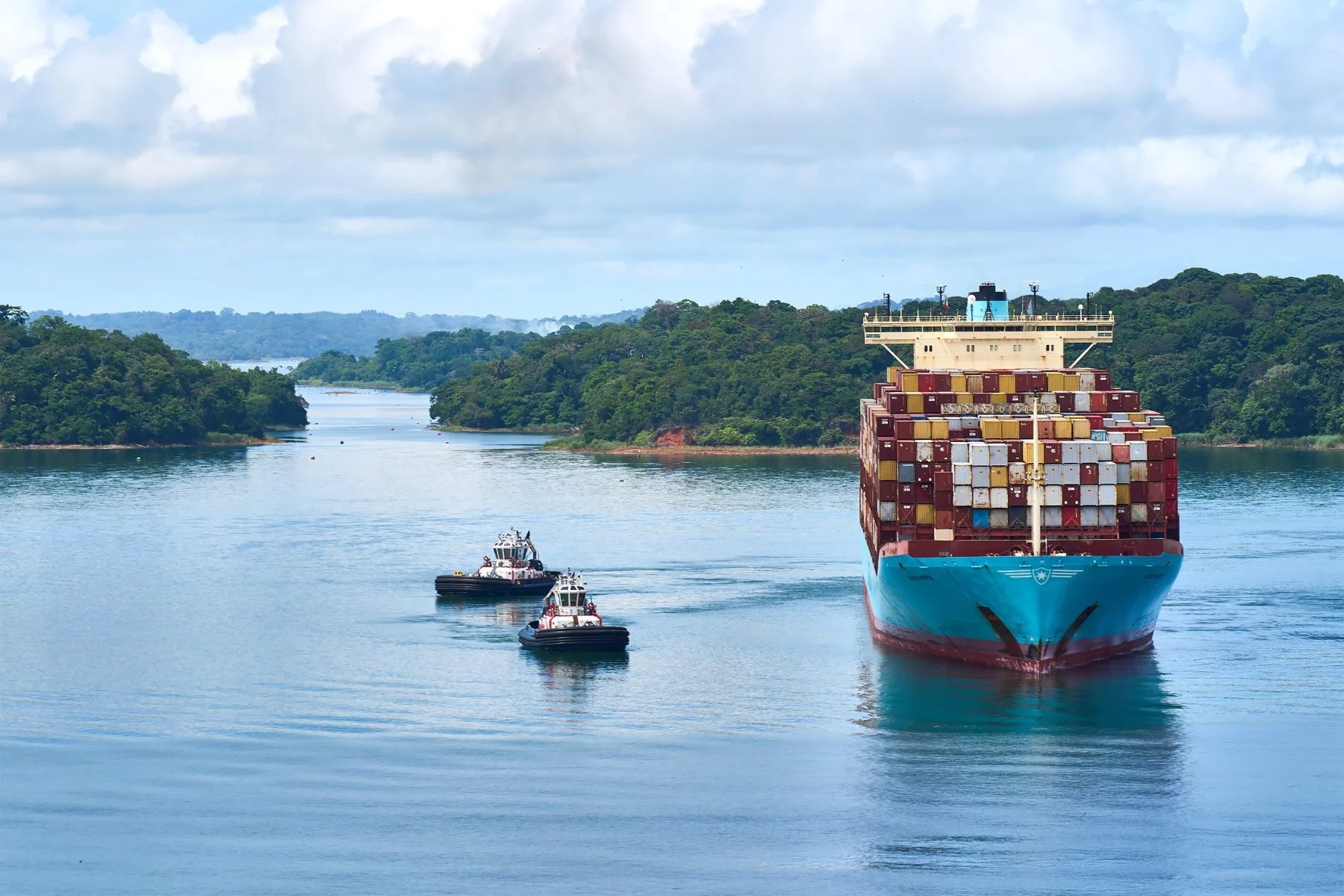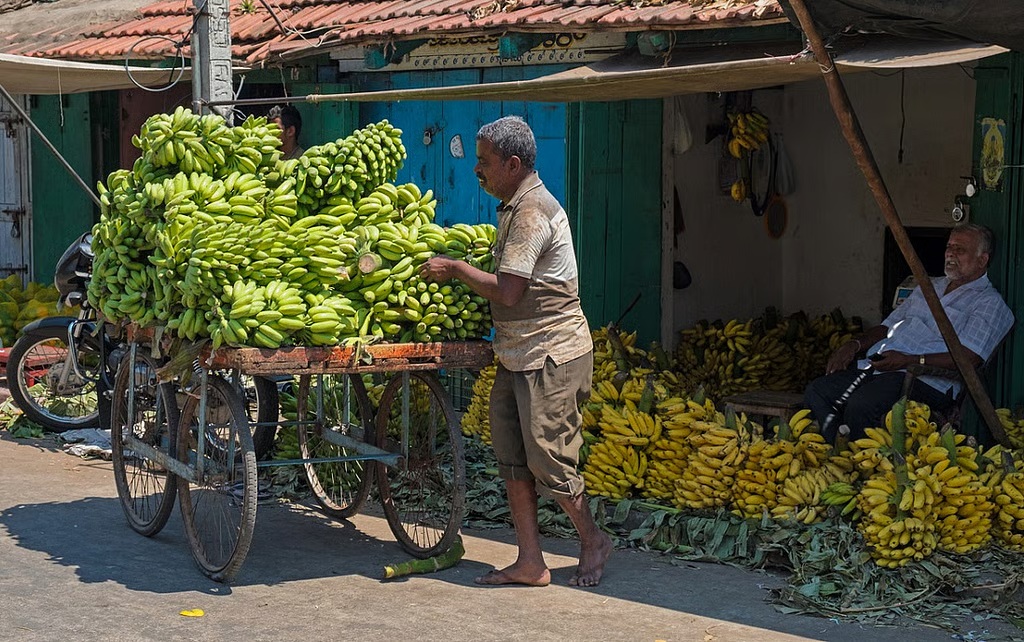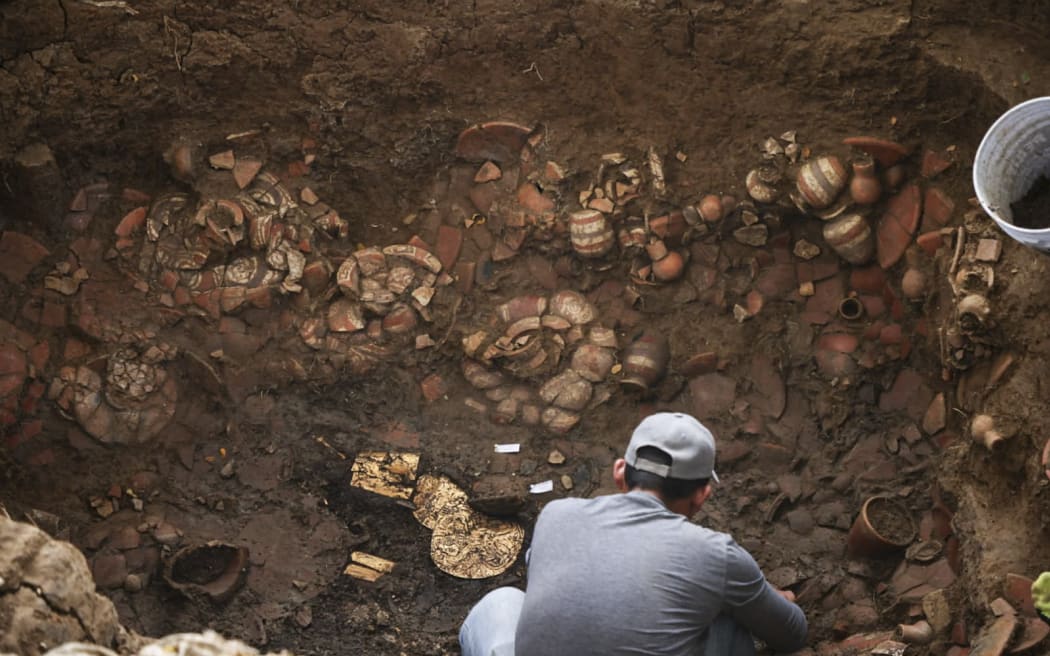Panama Becomes an Associate State of Mercosur Opening up Commercial Opportunities

Panama became an Associate State of the Mercosur trade and economic bloc this week, opening up great commercial and economic opportunities for both parties. It is the first country outside of South America to acquire the status of Associate State of Mercosur, made up of Argentina, Paraguay, Uruguay, Brazil and Bolivia, which together represent the fifth largest economy in the world with a market of 271 million inhabitants.
The formalization of Panama took place December 6 with the participation of President José Raúl Mulino in the 65th Summit of Heads of State of Mercosur that took place in the city of Montevideo, Uruguay, where he signed, together with Foreign Minister Javier Martínez Acha, the complementary agreements to the process.
Within this trade bloc, the following also participate as Associate States: Chile, Peru, Colombia, Ecuador, Guyana and Suriname.
Mulino said that with this association, Panama becomes the gateway for Mercosur to Central America and other markets, through its great advantages that go beyond its geographical and strategic position, but also by making available its developed logistics capacity, an international financial center and an airport that is the hub of the Americas.
“We are complementary to Mercosur and we must strengthen each other. We have the opportunity to strengthen the development of our nations together,” said Mulino in front of the presidents of the permanent and associated member countries of Mercosur.
President Mulino also highlighted that Panama offers Mercosur access to high technology in broadband communications, political and legal stability, sustainable investment regimes, and trade openness.
“The connectivity advantages that Panama has facilitate trade and the development of investment businesses, which is reflected in the establishment of important international companies in our country,” said Mulino.
He informed Mercosur that Panama is moving forward with the construction of a highway that will link its capital city with the border of Costa Rica, “seeking not only the integration of our territory, but also greater competitiveness with our neighbors and hopefully with the rest of the regions.”
“Panama believes that its participation in Mercosur will strengthen the relationship between our countries, promoting intraregional exchange and access to international markets through our Canal and ports in both oceans,” stressed the Panamanian president, who also took advantage of the Summit of Heads of State to reject discriminatory lists that unfairly include Panama.
Mulino clarified to Mercosur that Panama is not and will not be a tax haven, as he stated at the last UN General Assembly.
The status of Associate State of Mercosur allows Panama to have a cooperative relationship by accessing certain benefits of the bloc, without having to adhere to the Treaty of Asunción or the Common External Tariff Agreement.





